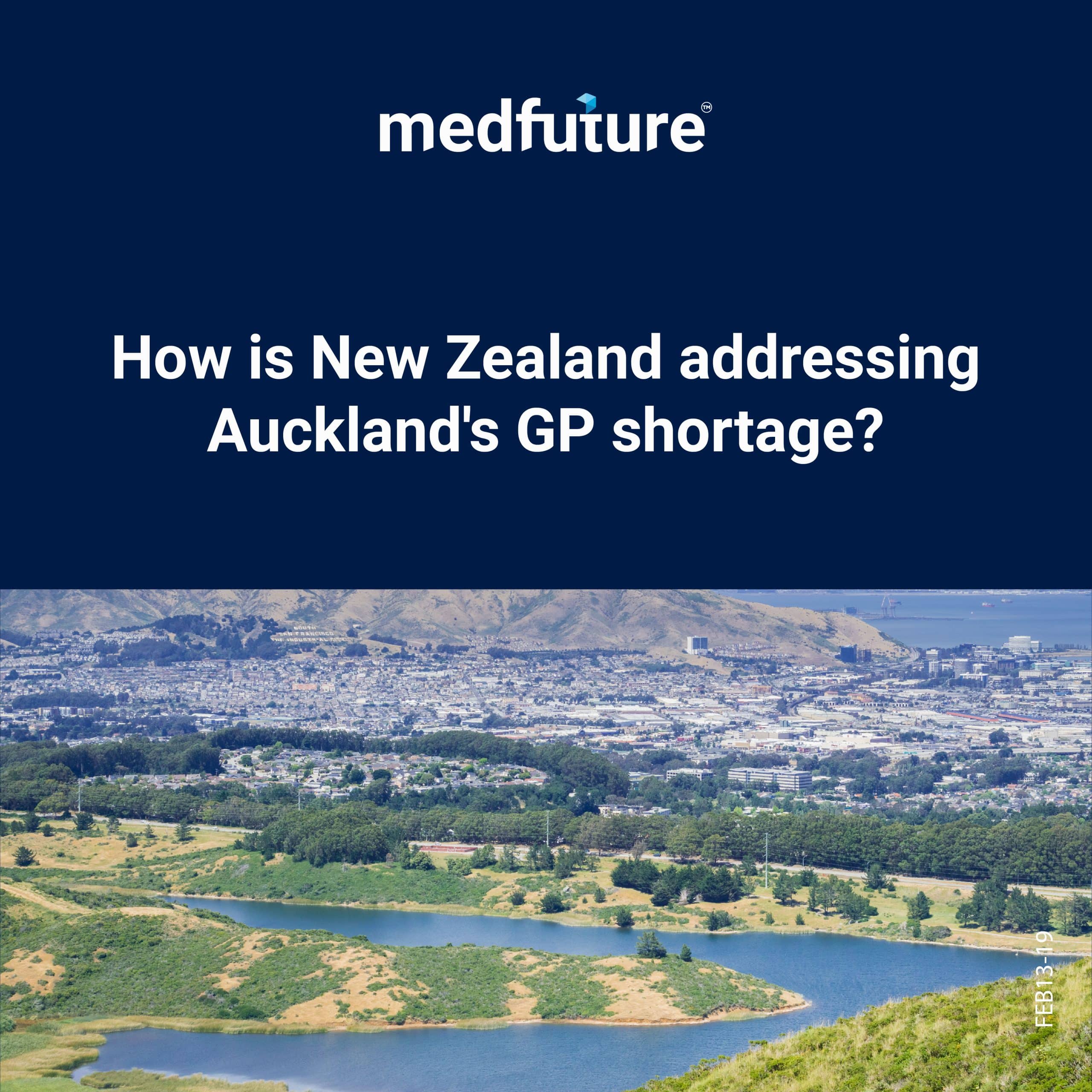Introduction and Overview:
New Zealand’s pharmaceutical industry is a dynamic and essential sector that plays a pivotal role in safeguarding the health and well-being of the nation. As a crossroad of healthcare and innovation, this industry has undergone significant transformations, fuelled by advancements in research, technology, and the evolving landscape of global health priorities. The pharmaceutical sector in New Zealand comprises of a diverse range of activities, from cutting-edge research and development to the intricate processes of manufacturing, distribution, and retail. This multifaceted industry collaborates synergistically to ensure the availability and accessibility of safe and effective medicines, thereby contributing substantially to the enhancement of public health.
In navigating this multifaceted landscape, the industry encompasses several key subsectors, each with its unique contributions to the overall healthcare ecosystem. These subsectors include robust research and development initiatives, sophisticated manufacturing processes, efficient distribution and logistics networks, and a network of retail outlets ensuring the last mile delivery of pharmaceuticals to the end-users. Together, these components form a comprehensive framework that adapts to global trends and aligns with regulatory frameworks to cater to the evolving healthcare needs of the population.
However, the industry is not without its challenges. The high costs associated with research and development, stringent regulatory requirements, and the need for continuous innovation pose considerable hurdles. Balancing these challenges are the numerous opportunities that the industry presents for growth and advancement. Embracing technological advancements, engaging in global collaborations, and investing in biotechnological research are pathways that can lead to breakthroughs, positioning New Zealand as a hub for innovation in pharmaceuticals. Medfuture helps professionals in obtaining the best possible vacancies by evaluating qualifications and skills.
Subsectors:
Research and Development (R&D): New Zealand’s pharmaceutical R&D sector is marked by collaboration between academia, industry, and government agencies. Cutting-edge research initiatives focus on discovering and developing innovative therapies and drugs, often with an emphasis on addressing the unique health challenges faced by the country’s population.
Manufacturing: Pharmaceutical manufacturing in New Zealand adheres to stringent quality standards. The sector produces a diverse range of medications, including generic and specialty drugs, ensuring a stable supply chain to meet domestic and international demands.
Distribution and Logistics: Efficient distribution and logistics are crucial for ensuring the timely and secure delivery of pharmaceutical products. The industry invests in robust supply chain management systems to maintain the integrity of medications during transportation from manufacturers to end-users.
Retail and Pharmacy: The retail aspect of the pharmaceutical industry involves community pharmacies and other retail outlets. These entities play a pivotal role in patient care, providing essential services such as medication dispensing, health consultations, and promoting public awareness of health-related issues.
Opportunities:
Technological Advancements: Embracing cutting-edge technologies, such as artificial intelligence and big data analytics, presents opportunities for accelerating drug discovery and development processes. Innovative digital health solutions also offer avenues for improving patient outcomes and healthcare delivery.
Global Collaboration: Collaborating with international pharmaceutical companies and research institutions provides opportunities for knowledge exchange and access to global markets. Joint ventures and partnerships can enhance research capabilities and contribute to the development of new and impactful pharmaceutical products.
Biotechnology: Investing in biotechnological advancements opens doors to developing novel therapies and medicines. New Zealand can position itself as a hub for biopharmaceutical innovation, attracting talent and fostering an environment conducive to breakthrough discoveries.
Profitability:
The profitability of the pharmaceutical industry in New Zealand is influenced by a combination of factors. Research and development costs, market competition, regulatory compliance, and pricing strategies all play pivotal roles. While the high costs of drug development pose challenges, successful market positioning and strategic decision-making can result in substantial returns on investment, ensuring the sustainability of the industry.
Methods:
The methodologies employed in the New Zealand pharmaceutical industry span the entire drug development lifecycle:
Research and Discovery: Scientists engage in extensive research, utilizing a combination of laboratory experiments, computational modelling, and clinical studies to identify and develop new medicines.
Clinical Trials: Rigorous clinical trials evaluate the safety and efficacy of new drugs in human subjects, progressing through various phases to gather comprehensive data before regulatory approval.
Regulatory Approval: Regulatory agencies, such as Med-safe, assess the safety, efficacy, and quality of pharmaceutical products before granting approval for market distribution.
Market Access and Marketing: Successful market access strategies and effective marketing campaigns are essential for a product’s success in the competitive pharmaceutical landscape, ensuring it reaches the intended patient population.
The New Zealand pharmaceutical industry is navigating a dynamic landscape marked by innovation, collaboration, and the pursuit of better health outcomes for its population. Balancing profitability with ethical considerations and regulatory compliance remains a continual challenge, but the industry’s adaptability and commitment to improving public health position it for sustained growth and impact.
Pharmac
Pharmac, short for the Pharmaceutical Management Agency, is a key player in the New Zealand healthcare system, responsible for managing the funding of pharmaceuticals and ensuring cost-effective access to medicines for the population. Established in 1993, Pharmac operates as a Crown Entity under the New Zealand Public Health and Disability Act, with a mandate to make decisions about which medicines and pharmaceuticals are funded for use in the country.
Pharmac’s Core Functions:
Decision-Making and Funding Allocation: One of Pharmac’s primary functions is to make decisions about which pharmaceuticals and medical devices should be funded for use in New Zealand. This involves evaluating the clinical and cost-effectiveness of various treatments and making informed decisions to optimize the allocation of the government’s healthcare budget.
Negotiation with Suppliers: Pharmac negotiates with pharmaceutical companies and suppliers to secure cost-effective prices for medicines. By leveraging the purchasing power of the entire country, Pharmac aims to obtain the best possible deals, ensuring that public funds are used efficiently.
Clinical and Economic Assessment: Before a pharmaceutical product is funded, Pharmac conducts a rigorous assessment of its clinical effectiveness and economic value. This involves evaluating the evidence supporting the product’s efficacy, safety, and cost-effectiveness compared to existing treatments or alternatives.
Prioritisation of Resources: Pharmac plays a crucial role in prioritizing healthcare resources. The agency considers not only the effectiveness of a medicine but also its cost-effectiveness and the potential impact on the overall health budget. This prioritisation ensures that the most beneficial and cost-efficient treatments receive funding.
How Pharmac Works:
Central to the functionality of the pharmaceutical industry in New Zealand is Pharmac, the Pharmaceutical Management Agency. Established in 1993, Pharmac operates under the New Zealand Public Health and Disability Act, with a distinctive mandate to make decisions about pharmaceutical funding. This agency engages in a comprehensive decision-making process, considering factors such as clinical effectiveness, cost-effectiveness, and overall impact on the health budget. Pharmac negotiates with suppliers to secure affordable prices for medicines, employing a unique model that focuses on bulk purchasing agreements and the promotion of generic medicines.
Medicine Applications: The process begins when pharmaceutical companies submit applications to Pharmac for funding their medicines. These applications include comprehensive data on the clinical effectiveness, safety, and cost-effectiveness of the proposed treatment.
Technical Advisory Groups (TAGs): Pharmac utilises Technical Advisory Groups comprising independent clinical and economic experts to review the evidence presented in the applications. These experts assess the quality of the research and provide recommendations to Pharmac.
Decision Criteria: Pharmac’s decision-making process is guided by several criteria, including the health needs of the population, the availability of alternative treatments, and the cost-effectiveness of the proposed medicine. The agency aims to fund treatments that provide the best health outcomes for the available budget.
Negotiation and Commercial Arrangements: Once a decision is made to fund a particular medicine, Pharmac enters into negotiations with the supplier to determine the commercial terms. These negotiations include securing the best possible price and any additional conditions that may enhance the cost-effectiveness of the treatment.
Listing and Funding: If negotiations are successful, the medicine is listed on the Pharmaceutical Schedule. This listing means that the government will subsidize the cost of the medicine, making it more affordable for patients. The Pharmaceutical Schedule is a dynamic list that is regularly updated as new medicines are assessed and negotiations are concluded.
Monitoring and Review: Pharmac continues to monitor the effectiveness and safety of funded medicines. Periodic reviews ensure that the ongoing funding of a particular treatment is justified based on real-world evidence and evolving clinical knowledge.
Future Outlook:
Pharmac’s role in the New Zealand healthcare landscape is expected to evolve as medical science advances, and new, often more expensive, treatments become available. Balancing the need for fiscal responsibility with ensuring access to cutting-edge therapies remains a challenge. Ongoing dialogue between Pharmac, healthcare professionals, patients, and pharmaceutical companies is crucial for addressing these challenges and maintaining a healthcare system that is both sustainable and responsive to the diverse needs of the population.
Pharmac is a critical component of New Zealand’s healthcare system, playing a pivotal role in managing the funding of pharmaceuticals. The agency’s commitment to making evidence-based decisions, negotiating cost-effective prices, and prioritising healthcare resources ensures that the population has access to a range of effective and affordable treatments. However, the complexities of balancing budget constraints with the need for innovation underscore the ongoing challenges and discussions surrounding Pharmac’s role in shaping the future of healthcare in New Zealand.
How can Medfuture help with navigating the pharmaceutical industry in NZ?
Medfuture plays a pivotal role in connecting individuals with rewarding opportunities within New Zealand’s pharmaceutical sector. As a specialised recruitment agency, Medfuture focuses on matching skilled professionals with positions that align with their expertise and career aspirations. Through a tailored approach, we assist job seekers in navigating the complex landscape of pharmaceutical employment, offering valuable insights, guidance, and access to a network of industry connections. Medfuture’s commitment to understanding the unique needs of both candidates and employers contributes to the successful placement of individuals in roles that not only utilize their skills but also contribute to the growth and innovation of the pharmaceutical sector in New Zealand. Get in touch with our New Zealand centre on https://www.medfuture.co.nz/.





